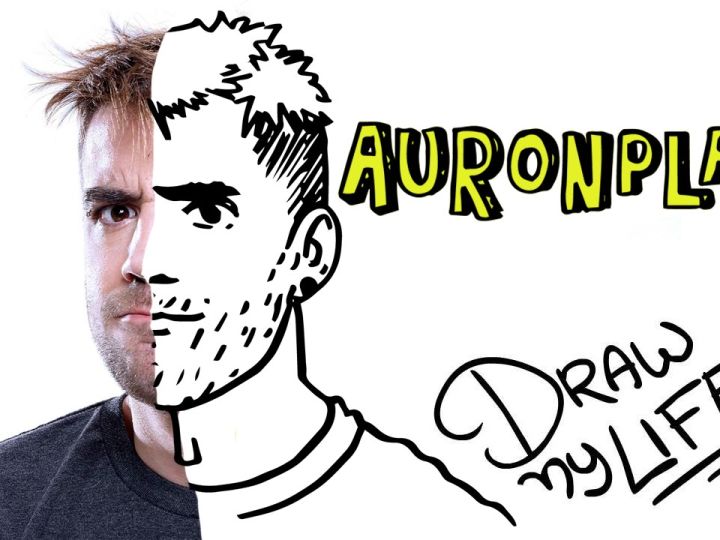


Often boundaries are about what you will or won’t do, but just as often, they are about what you want other people to do or not to. Without boundaries, people may take advantage of you because you haven’t set limits about how you expect to be treated.”īoundaries are, almost by definition, drawing lines for other people. Your boundaries also tell other people how they can treat you – what’s acceptable and what isn’t. It separates your physical space, your feelings, needs, and responsibilities from others. Boundaries can also be based on time or space (e.g., when I do X, Y or Z, please respect my time and understand I will not be able to speak/ hang out with you until X, Y, or Z is completed.).”Īnother therapist puts it thusly: “A boundary is an imaginary line that separates me from you. According to one college wellness center, “Boundaries can be physical (e.g., do not touch me) or emotional (do not lie to me). I’m seeing lots of lovely and well-meaning folks on Twitter, for example, argue that boundaries are things you set for yourself, not for others - i.e., “if there’s alcohol at this party, I’m leaving.” But of course boundaries are set for other people.
TIK TAK DRAW MY LIFE HOW TO
And while it seems clear enough what a “boundary” is, in the wake of the Jonah Hill texts, it’s become apparent that, actually, we don’t really know how to define “boundaries” in a way that lets us keep the term but still makes Hill the bad guy. It pops up in advice letters and on Reddit boards, on the posts of Instagram therapists (and those who are cosplaying therapists) and in viral TikTok videos. I’m not sure exactly when I first heard the term “boundaries” in the therapy-speak sense, but sometime in the last few years the concept has become ubiquitous.


 0 kommentar(er)
0 kommentar(er)
